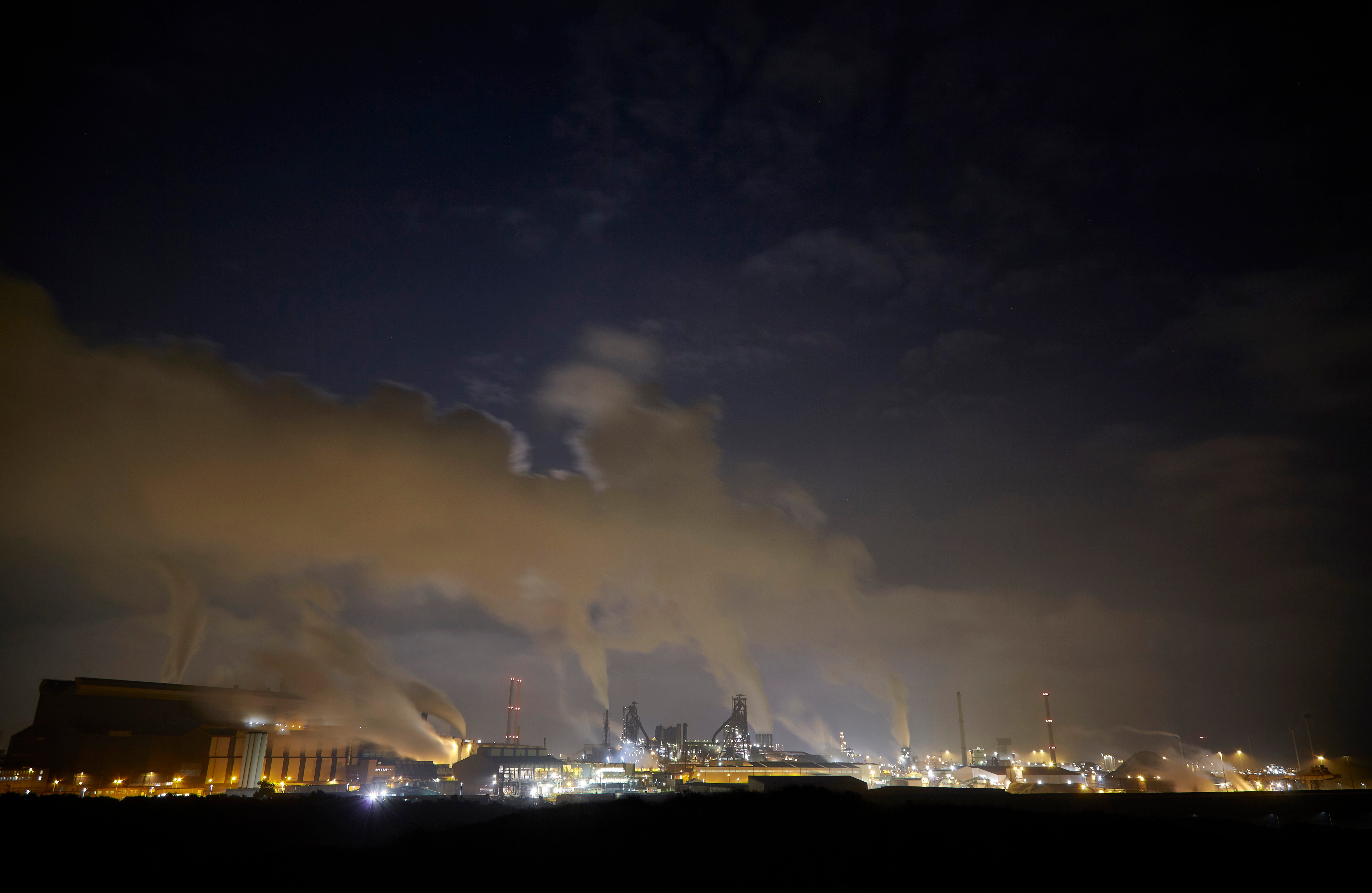Air pollution is still killing over 300,000 people in Europe each year, says report
Number of deaths could have been halved if EU member states had followed WHO’s new guidelines

Your support helps us to tell the story
From reproductive rights to climate change to Big Tech, The Independent is on the ground when the story is developing. Whether it's investigating the financials of Elon Musk's pro-Trump PAC or producing our latest documentary, 'The A Word', which shines a light on the American women fighting for reproductive rights, we know how important it is to parse out the facts from the messaging.
At such a critical moment in US history, we need reporters on the ground. Your donation allows us to keep sending journalists to speak to both sides of the story.
The Independent is trusted by Americans across the entire political spectrum. And unlike many other quality news outlets, we choose not to lock Americans out of our reporting and analysis with paywalls. We believe quality journalism should be available to everyone, paid for by those who can afford it.
Your support makes all the difference.Although air quality in Europe has become better in recent years, with fewer negative health impacts, more than 300,000 people still died prematurely due to exposure to fine particulate matter pollution in the European Union in 2019, according to a new report.
The analysis, published by the European Environment Agency (EEA), noted that at least 58 per cent of these deaths, or about 178,000, could have been avoided if all European Union Member States had reached the WHO’s air quality guideline level of 5 micrograms per cubic metre (µg/m3).
The guideline reflects the atmospheric concentration of ultrasmall particles, those with size less than 2.5 microns, above which adverse health effects are known to occur.
In 2019, more than 53,500 premature deaths in Germany were caused by fine particulate matter pollution, the report said. This was followed by 49,900 deaths in Italy, 29,800 in France and 23,300 in Spain.
The highest number of such deaths per head of population, it said, was in Poland, where more than 39,300 people died.
Other than fine particulate matter, the analysis also found that more than 40,400 premature deaths were due to chronic nitrogen dioxide exposure, and about 16,800 such deaths were caused by acute ozone exposure.
“Investing in cleaner heating, mobility, agriculture and industry delivers better health, productivity and quality of life for all Europeans and especially for the most vulnerable,” Hans Bruyninckx, EEA executive director, said in a statement. “These investments save lives and also help accelerate progress towards carbon neutrality and strong biodiversity.”
Earlier studies have shown that air pollution is the single largest environmental health threat in Europe, leading to over a million premature deaths in the 1990s, causing heart diseases, stroke, lung disease and cancer.
With directives enforcing favourable improvement in air quality across the continent, the number of such premature deaths were more than halved to about 450,000 by 2005.
However, the new EEA report said that the recently established new global air quality guidelines by the WHO and the EU Zero Pollution Action Plan can help further reduce the number of premature deaths due to air pollution.
The analysis, published ahead of the EU Clean Air Forum this week, noted that the number of premature deaths due to exposure to fine particulate matter can be reduced by about 55 per cent by 2030, as compared to 2005.
“Compared to 2005, in 2019, premature deaths attributed to exposure to fine particulate matter decreased by 33 per cent in the EU-27. If this rate of reducing premature deaths is maintained going forward, then the EU is expected to reach the Zero Pollution Action Plan target,” the report noted.
The EU Clean Air Forum, slated to take place on 18 and 19 November, would bring together decision-makers, stakeholders and experts to reflect on the development and implementation of effective European, national and local air policies, projects and programmes — and to talk about the ongoing revision of EU rules, including their closer alignment with the WHO air quality guidelines.
“Even with improvements in air quality over the past years in our region, we still have a long way to go to achieve the levels in the new WHO Global Air Quality Guidelines,” WHO regional director for Europe, Hans Henri P Kluge, said in a statement.
“To breathe clean air should be a fundamental human right. It is a necessary condition for healthy and productive societies,” Dr Kluge added.
Join our commenting forum
Join thought-provoking conversations, follow other Independent readers and see their replies
Comments